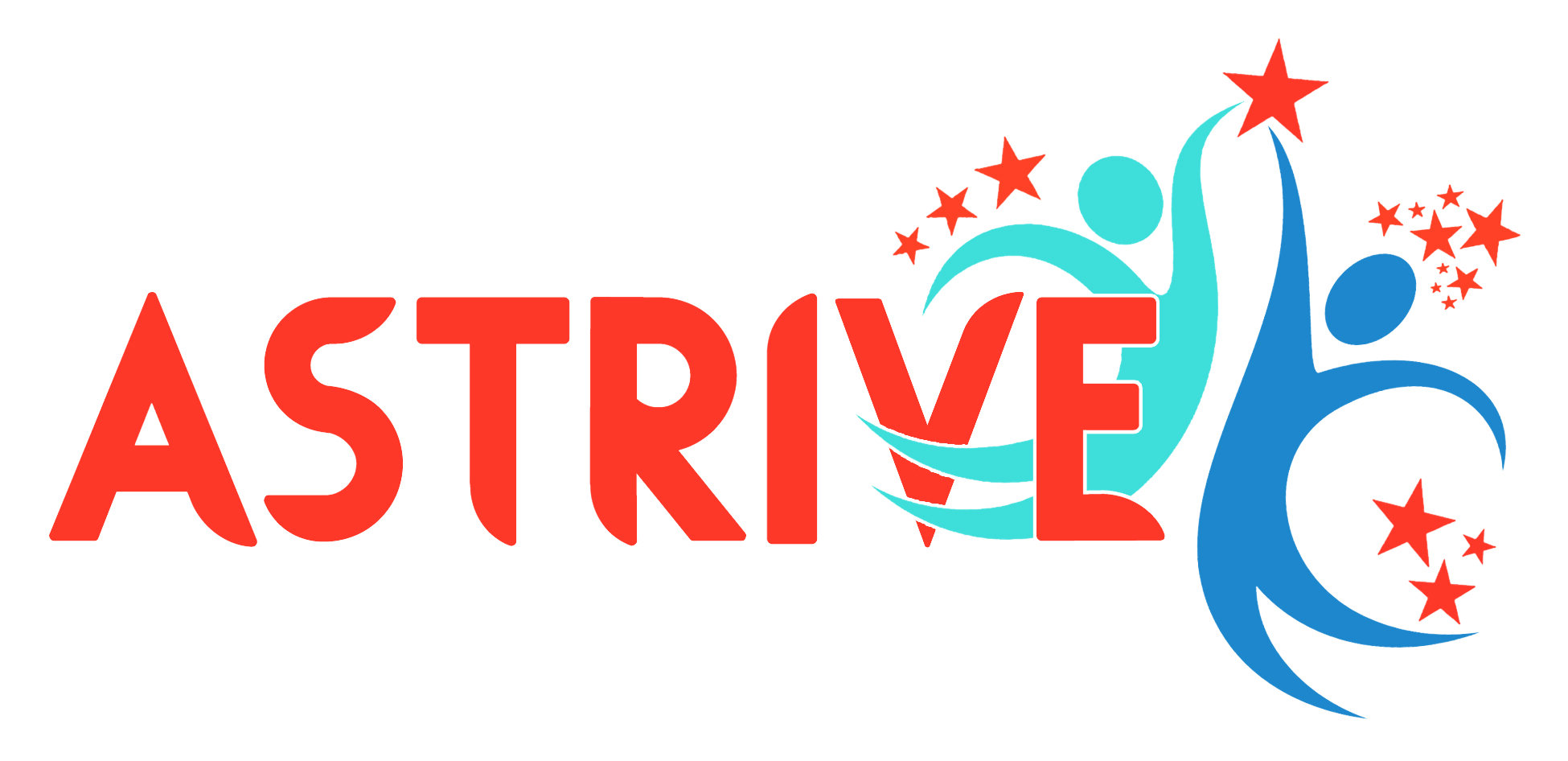Astrive Advocacy is committed to improving the lives of individuals with disabilities and their families by serving as a resource for training and support for individuals, families, employers, policy makers, and members of the community. We are dedicated to develop, grow, and support Individuals with Disabilities, Family Members, Provider Staff, and Community Advocates in their efforts to recognize their value, speak and be heard, and improve access to quality programs and services in all aspects of community life.















